BANGLADESH AND INDIA, January 27 to February 1, 2020 – A six-member delegation from the Philippines joined a learning visit to Dhaka, Bangladesh and New Delhi, India to explore Regional Cooperation in Seed Sector.
The International Potato Center (CIP) organized the visit, which aims to meet the officials who have been advocating the timely availability of newer seeds to strengthen food and nutrition security in the South and Southeast Asian Regions, and to get an update on the seed varieties released through the agreement.
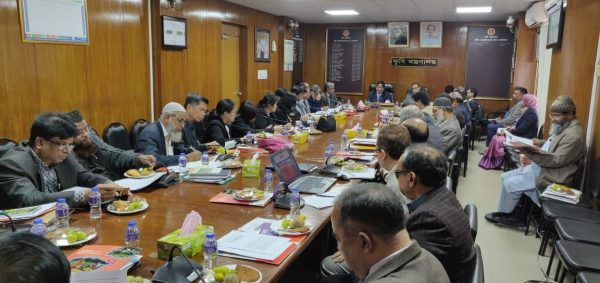
The Department of Agriculture (DA) – Special Area for Agricultural Development (SAAD) Program and Special Adviser for the Bureau of Plant Industry (BPI) Research and Seed Systems Dr. Myer Mula with representatives from the Institute of Plant Breeding, University of Philippines Los Baños (Dr. Rodel Maghirang), Benguet State University (Ms. Ammie Ngaotoy), Department of Science and Technology – Philippine Council for Agriculture, Aquatic, and Natural Resources Research and Development (Ms. Abigail May Retuta), Bureau of Plant Industry (Ms. Elvira Morales), and CIP (Ms. Arma Bertuso) participated in exchanges with proponents of the regional cooperation in seed sector.
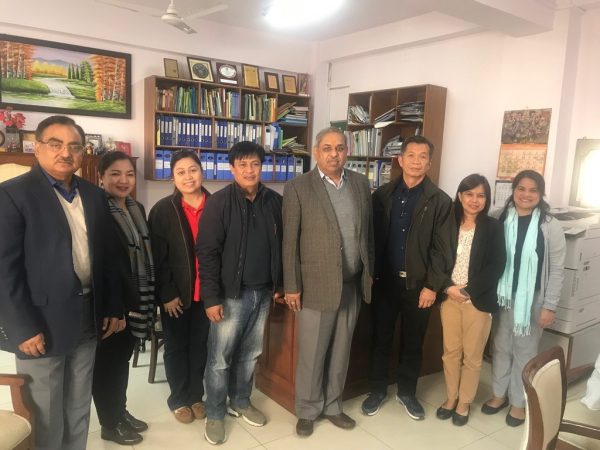
In Bangladesh, a workshop on regional seed cooperation was organized under the chairmanship of the Agriculture Minister Mohammad Adbur Razzaque and Secretary Mohammad Nasiruzzaman. While in India, the group met Joint Secretary of the Department of Agriculture, Cooperation and Farmers Welfare Dr. Ashwani Kumar.
About the agreement
The regional cooperation in seed sector initiative is a multiparty agreement between Cambodia, India, Bangladesh, Nepal, Myanmar, Sri Lanka, and Bhutan.
The countries involved gather together to conduct dialogues on collaborative ways to improve farmer and consumer welfare through innovative agricultural technologies. They share data on varieties of rice, other cereals, pulses, oilseeds, vegetables (non-hybrid), sugarcane, and fiber crops through the Consultative Group on International Agricultural Research (CGIAR) centers and other public research organizations.
PH as the 3rd most vulnerable country to climate change
In a proposal prepared by the CIP and the research program on Climate Change, Agriculture and Food Security (CCAFS), it is stated that the Philippine archipelago is the third most vulnerable country to climate change.
The Philippine Statistics Authority (PSA) reported in 2015 that the Philippine population will swell by nearly 50 million in 2045. That’s at least 142 million Filipinos.
The increasing population and the threat of climate change would mean that the agriculture sector has many pressures to produce more food to meet the demand of the country. However, many areas in the country have difficulty accessing quality seeds, thus, farming remains traditional and subsistent.
Considering the ballooning population and the pressure to feed more, the CIP and the CCAFS urged the Philippines through the DA to join hands with other countries in promoting and supporting harmonization of the varietal release process by signing the agreement.
A lot of poor Filipino farmers will benefit in the long run…
PSA said that there are at least 9.9 million Filipino farmers in 2015; 34.3% of which are considered poor.
With better cooperation, the Philippines would have the advantage of other countries’ research data and technology. In the long run, farmers will have access to quality seeds and better harvests, resulting in improved health and livelihood.
The Philippine delegation suggested to find out issues on intellectual property rights, examine the country’s existing national seed law, harmonizing country to country seed laws, appoint a secretariat to requests and activities of the member countries, and include other CGIAR facilitators, before pushing through the agreement.
It is also recommended for the Philippines to conduct a seed summit to share and gather feedback from various stakeholders in the government for adaptation in the country, and to come up with plans to implement. ###
Writer: Jhomai Canlas, SAAD Public Relations and Communications Head
Contributors:
Arma Bertuso, CIP
Samarendu Mohanty, CIP
Sampriti Baruah, CIP

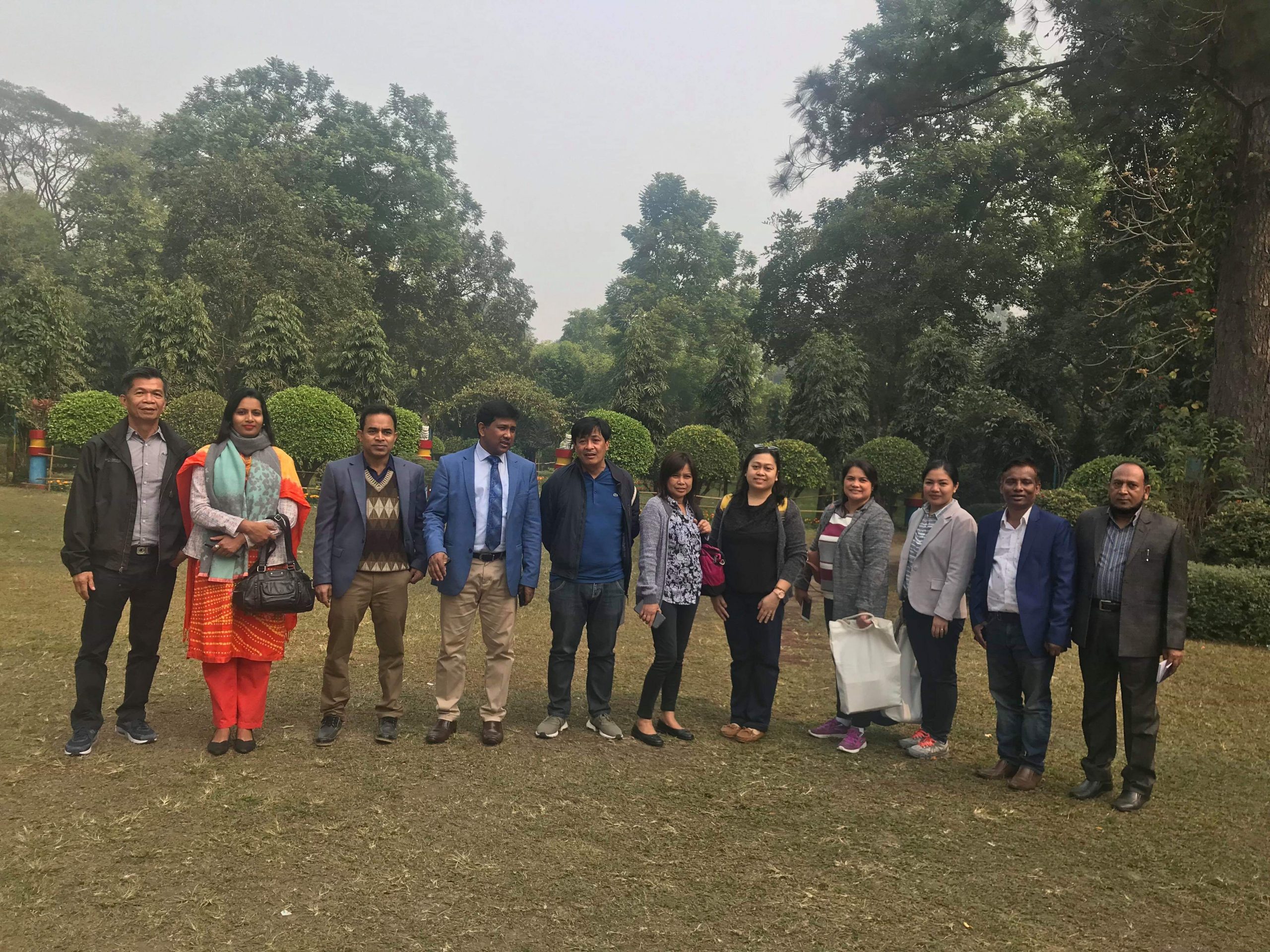
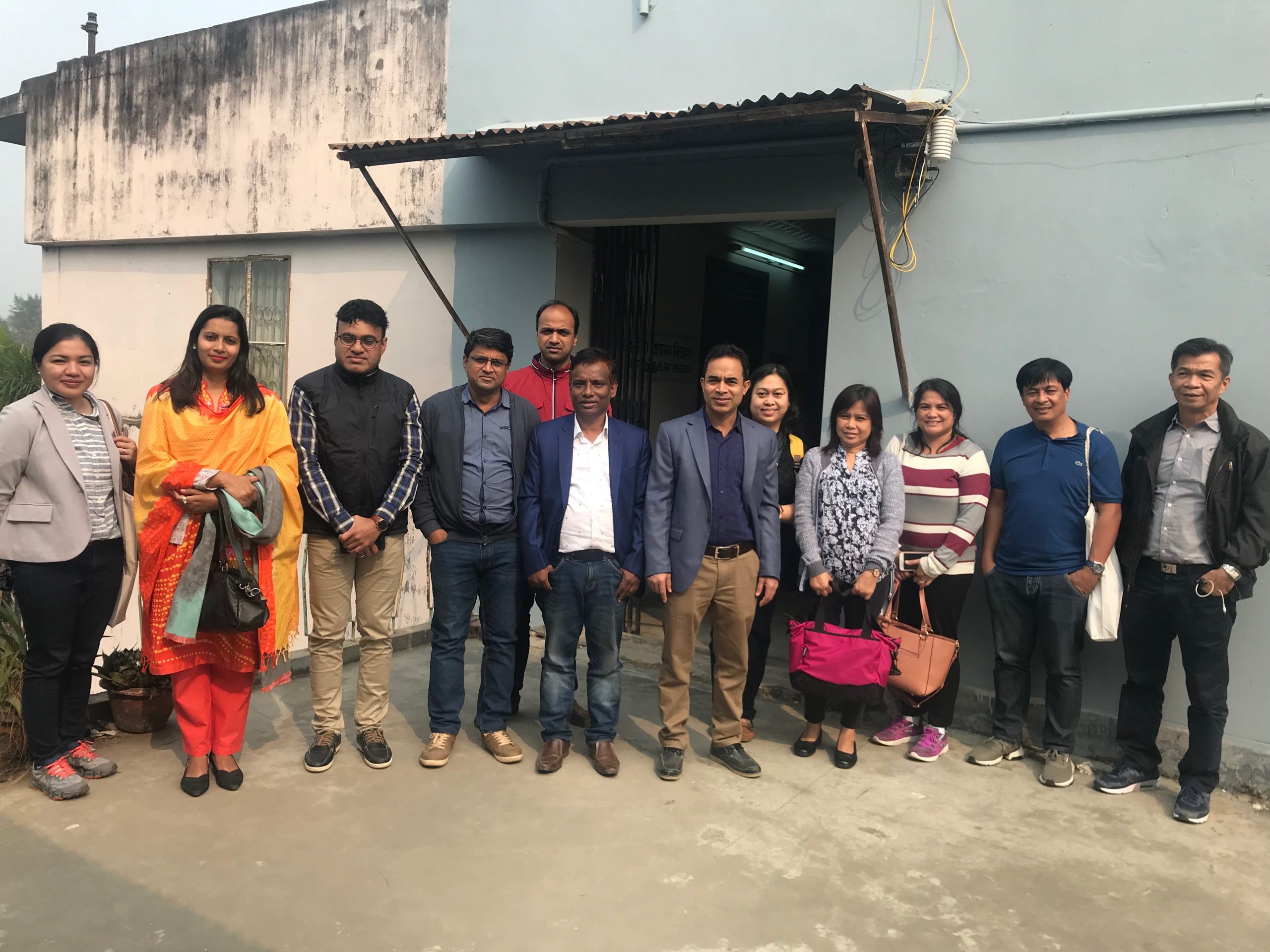
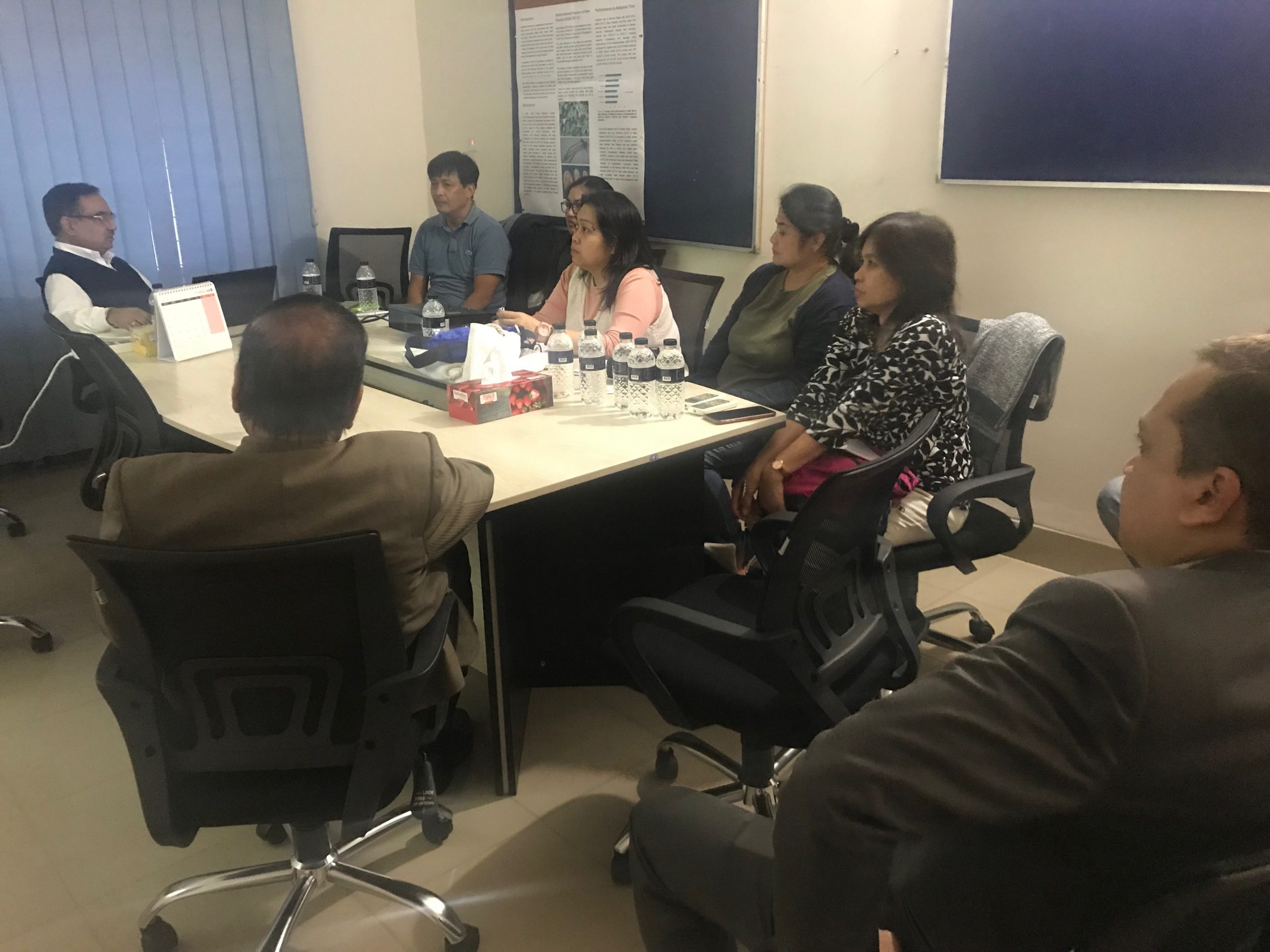
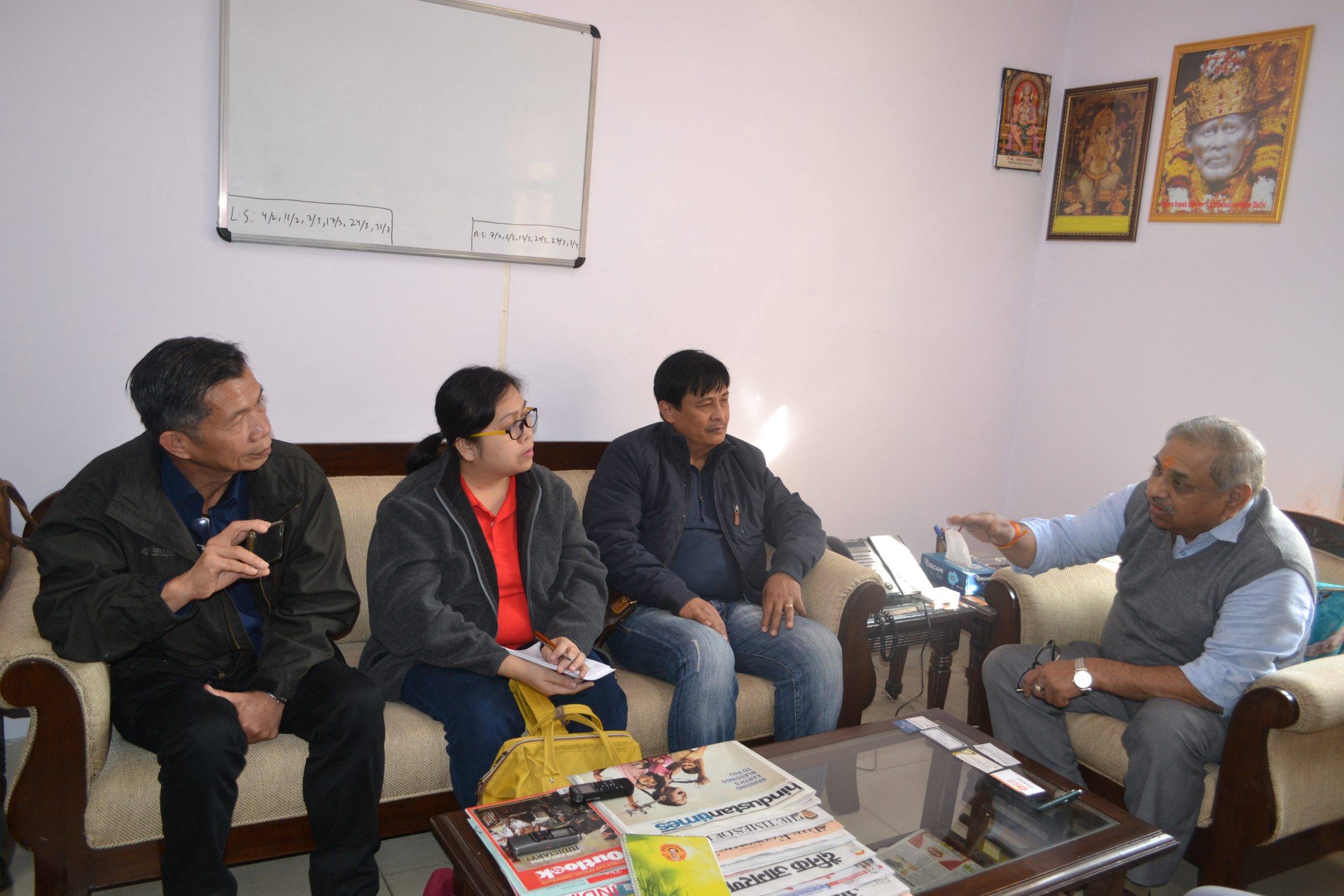
Comments (0)